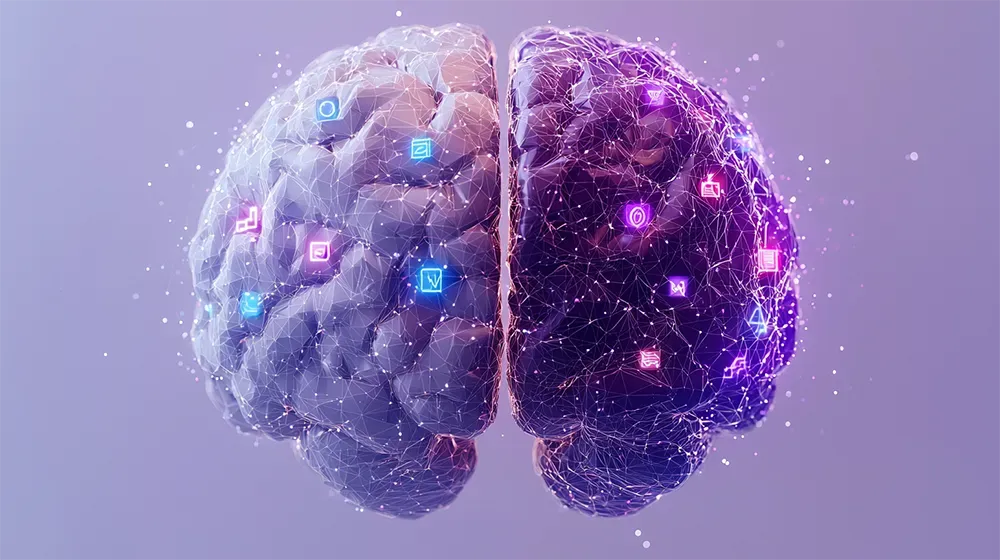Brain Hacking: Precision Neuroscience Sets New Record with 4,096 Electrodes

Can brain implants truly be the future of human evolution, or are we meddling with nature's most complex creation?
Precision Neuroscience has made a groundbreaking leap in brain-computer interface (BCI) technology by setting a new record with 4,096 electrodes placed on a human brain, surpassing the previous record of 2,048. This achievement allows neuroscientists to map brain activity with unparalleled resolution, significantly enhancing our ability to decode neural signals into intended actions. The company, founded by Ben Rapoport, a former co-founder of Neuralink, focuses on minimal invasiveness and safety, which differentiates it from its competitors.
Precision’s Layer 7 Cortical Interface is a thin-film microelectrode array that sits on the brain's surface rather than penetrating it, thus minimizing damage. Each array contains 1,024 electrodes and is modular, allowing multiple arrays to be used together to cover larger brain areas. This design was put to the test in April 2024, when a team from Mount Sinai Health System successfully placed four arrays on a patient’s brain during surgery. The procedure provided real-time data on neural activity, marking a significant step forward in BCI technology.
The primary goal of Precision's BCI is to aid patients with severe paralysis by restoring functions like speech and movement. Unlike Neuralink, which involves more invasive implantation, Precision’s approach emphasizes safety and scalability. The device is designed to be both easily removable and capable of processing large amounts of data without damaging brain tissue. During the surgery at Mount Sinai, the arrays detected signals from the patient's individual fingers, offering a level of detail far greater than standard electrodes.
Despite these advancements, Precision’s journey is far from over. The company aims to obtain FDA approval for its wired version of the system for hospital use, with the goal of implanting a few dozen patients by the end of the year. This would provide valuable data to refine their technology further. Additionally, Precision is working on a wireless version of the implant, which will undergo a separate approval process.
The record-setting achievement by Precision Neuroscience opens up new possibilities for the future of brain-computer interfaces. However, it also raises important ethical and medical questions about the implications of integrating human intelligence with machines. As technology continues to evolve, the balance between innovation and safety will be crucial in determining the future of BCIs and their role in human health and capability.
Read the full article on Ars Technica.
----
💡 We're entering a world where intelligence is synthetic, reality is augmented, and the rules are being rewritten in front of our eyes.
Staying up-to-date in a fast-changing world is vital. That is why I have launched Futurwise; a personalized AI platform that transforms information chaos into strategic clarity. With one click, users can bookmark and summarize any article, report, or video in seconds, tailored to their tone, interests, and language. Visit Futurwise.com to get started for free!






